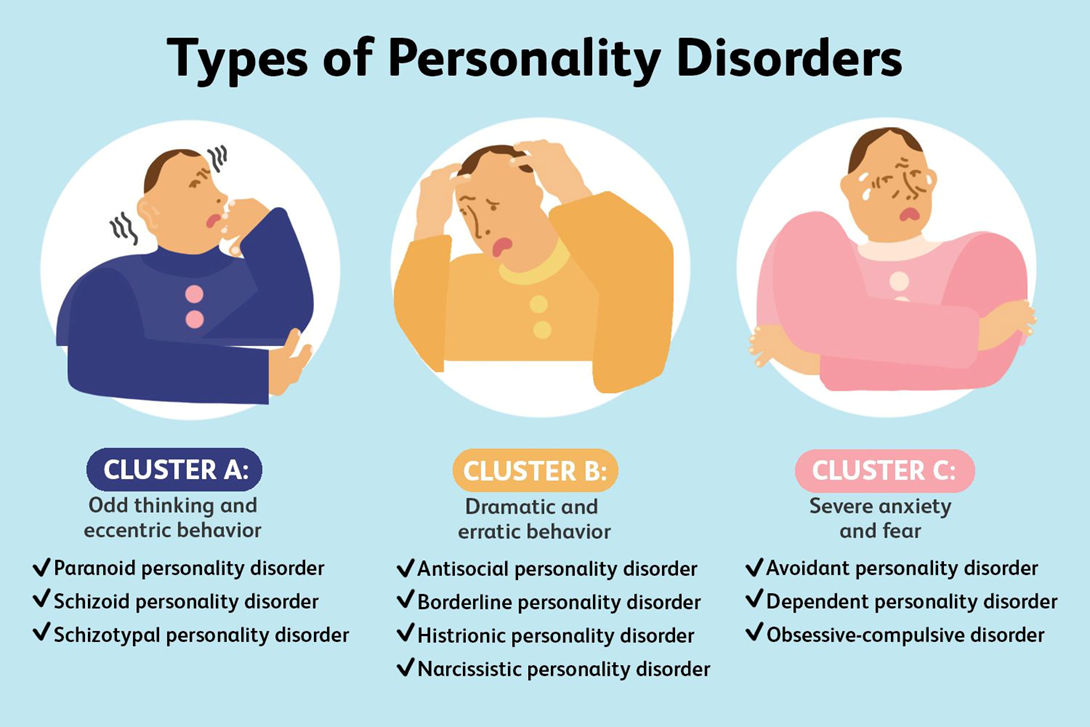Which of the following are NOT appropriate nursing interventions for Paranoid Personality Disorders? (Select all that apply.)
Make decisions for the patient at the patient's request.
Avoid situations that the patient may perceive as demeaning.
Greatly limit social contact to decrease the chance of regressing to prior problematic behavior.
Avoid discussing the treatment plan to decrease the chance of the patient manipulating the plan.
Maintain honest, open communication
Correct Answer : A,C,E
Choice A reason: Making decisions for the patient can undermine their autonomy and is not therapeutic in treating Paranoid Personality Disorder.
Choice B reason: Avoiding situations that the patient may perceive as demeaning is actually an appropriate intervention, as it helps to build trust and rapport.
Choice C reason: Greatly limiting social contact is not recommended as it can increase feelings of isolation and paranoia.
Choice D reason: Avoiding discussion of the treatment plan is not appropriate; patients should be involved in their care decisions to the greatest extent possible.
Choice E reason: Maintaining honest, open communication is an appropriate and necessary intervention for building a therapeutic relationship with a patient with Paranoid Personality Disorder.
Nursing Test Bank
Naxlex Comprehensive Predictor Exams
Related Questions
Correct Answer is B
Explanation
Choice A reason: Extending the scheduled time could reinforce the client's resistance to discussing feelings until the end of the session, which is not therapeutic.
Choice B reason: Ending at the scheduled time maintains boundaries and structure, which are important in the therapeutic relationship, especially with clients who have personality disorders.

Choice C reason: Arranging for another nurse to continue the interview may disrupt the continuity of care and the therapeutic relationship.
Choice D reason: Setting an extra meeting time could be considered if the client's needs are urgent, but it is not the best option in this scenario as it may reinforce avoidance behaviors.
Correct Answer is D
Explanation
Choice A reason: Ensuring the patient has no questions before signing the consent is a standard and appropriate practice.
Choice B reason: A nurse can witness the patient's signature on the consent form, which is a normal procedure.
Choice C reason: Consent is not universally good for 30 days; it is specific to the procedure and timing, and this statement could mislead and cause legal issues.
Choice D reason: Saying that informed consent protects the hospital from all lawsuits is incorrect and could lead to a false sense of security, as informed consent is about patient autonomy, not just legal protection.
Whether you are a student looking to ace your exams or a practicing nurse seeking to enhance your expertise , our nursing education contents will empower you with the confidence and competence to make a difference in the lives of patients and become a respected leader in the healthcare field.
Visit Naxlex, invest in your future and unlock endless possibilities with our unparalleled nursing education contents today
Report Wrong Answer on the Current Question
Do you disagree with the answer? If yes, what is your expected answer? Explain.
Kindly be descriptive with the issue you are facing.
